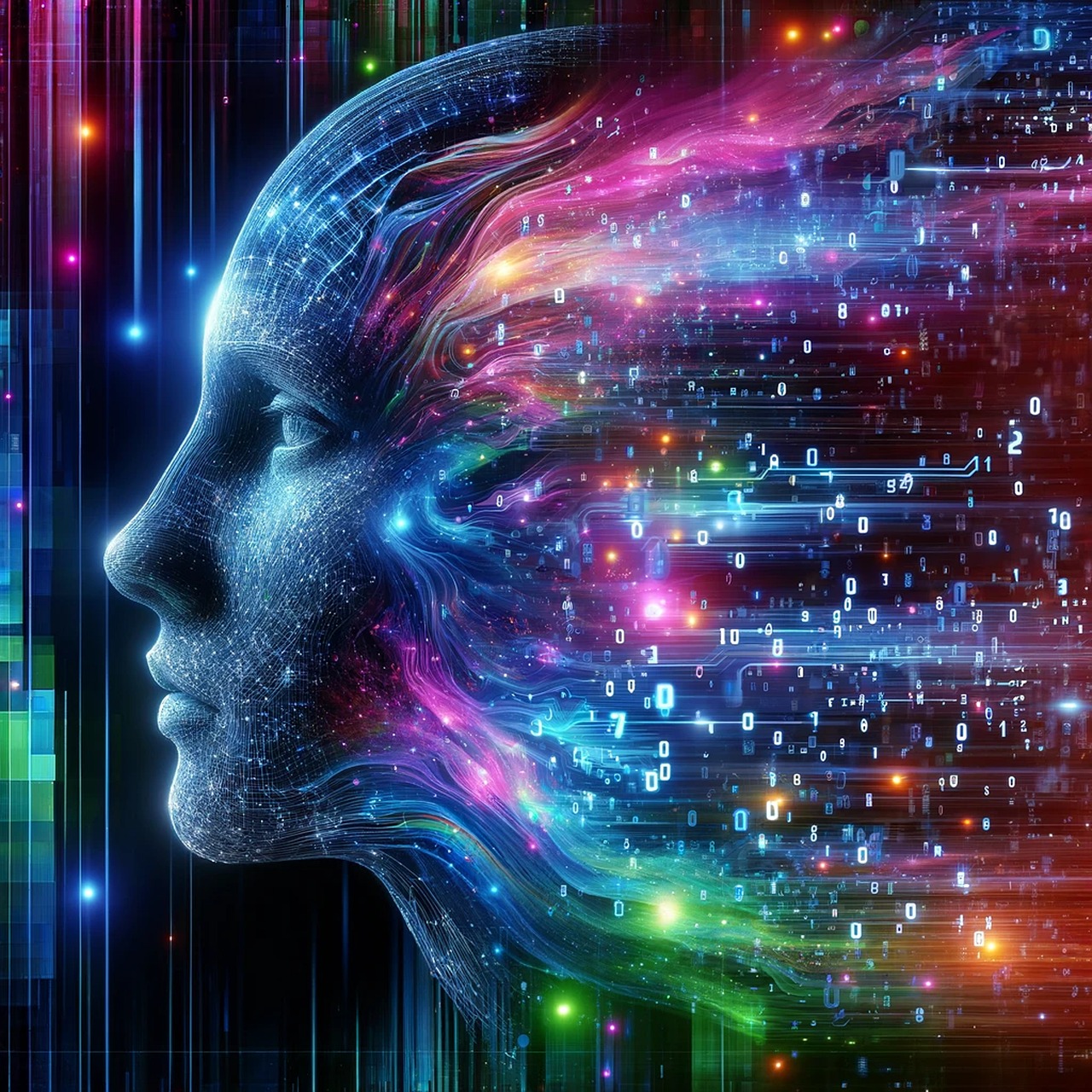Tech’s Influence on Mental Health: Challenges and Solutions
In today’s digital age, the constant presence of technology in our lives has undeniably altered the landscape of mental health. The allure of screens and the incessant notifications from smartphones have made it challenging for individuals to disconnect and find moments of peace and solace. This constant stimulation can lead to heightened levels of stress, anxiety, and even depression, as individuals struggle to find a balance between the online world and the real one.
Moreover, the rise of social media platforms has introduced a new layer of complexity to the relationship between technology and mental health. The carefully curated highlight reels that flood our feeds can often breed feelings of inadequacy, comparison, and a constant need for validation. This phenomenon has been linked to increased rates of poor self-esteem and self-worth, as individuals fall prey to the unrealistic standards set by the digital world. As we navigate this intertwined digital landscape, it becomes crucial to be mindful of the impact technology can have on our mental wellbeing.
The Rise of Digital Addiction
Digital addiction, a modern-day phenomenon, has been steadily on the rise in recent years. With the rapid advancement of technology, people are becoming increasingly dependent on their digital devices, leading to detrimental effects on their mental health. The constant need to check notifications and updates on smartphones and laptops has created a cycle of instant gratification that is hard to break.
Individuals find themselves compulsively reaching for their devices, even when there is no real need to do so. This behavior not only disrupts daily life activities but also contributes to feelings of anxiety and restlessness when separated from digital screens. The addictive nature of social media platforms and online entertainment further exacerbates the issue, creating a never-ending cycle of seeking validation and stimulation through digital means.
Social Media and Its Effects on Mental Wellbeing
Social media has become an integral part of modern-day life, shaping how individuals communicate, interact, and perceive themselves. The constant exposure to carefully curated content on platforms like Instagram and Facebook can lead to feelings of inadequacy and comparison, contributing to a decline in mental wellbeing for some users. The pressure to present an idealized version of oneself online can foster unrealistic expectations and lead to feelings of anxiety or low self-esteem.
Moreover, the addictive nature of social media, with its infinite scrolling and constant notifications, can disrupt sleep patterns and hinder real-life social interactions. Excessive use of social media has been linked to feelings of loneliness and isolation, as individuals may prioritize online connections over face-to-face relationships. This shift in social dynamics can have a detrimental impact on overall mental health, highlighting the need for a mindful approach to managing one’s online presence and consumption.
How does social media affect mental wellbeing?
Social media can have both positive and negative effects on mental wellbeing. It can lead to feelings of loneliness, anxiety, and depression, but it can also provide a sense of connection and support.
Can social media addiction affect mental health?
Yes, social media addiction can have a negative impact on mental health. It can lead to feelings of isolation, low self-esteem, and anxiety, as well as interfere with real-life relationships and responsibilities.
What are some signs of digital addiction?
Some signs of digital addiction include spending excessive amounts of time on social media, neglecting real-life relationships and responsibilities, feeling anxious or irritable when unable to access social media, and experiencing physical symptoms such as headaches or eye strain.
How can someone improve their mental wellbeing while using social media?
To improve actions like setting limits on social media usage, taking breaks from social media, engaging in real-life activities and relationships, practicing mindfulness, and seeking professional help if needed can all help improve mental wellbeing while using social media.
Is it important to have a healthy relationship with social media?
Yes, it is important to have a healthy relationship with social media in order to maintain good mental wellbeing. Setting boundaries, practicing self-care, and being mindful of how social media affects your mood and behavior can all help foster a positive relationship with social media.





